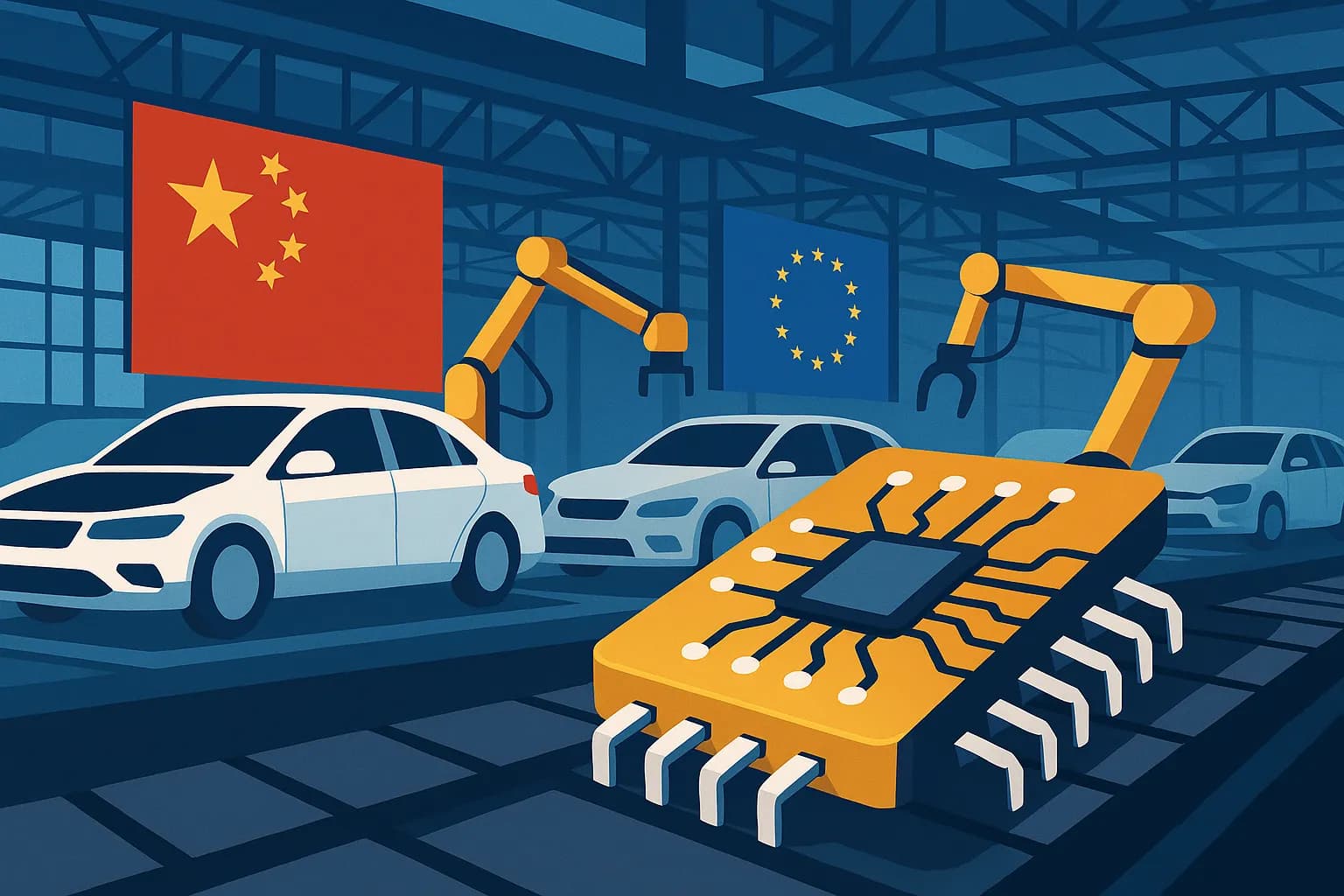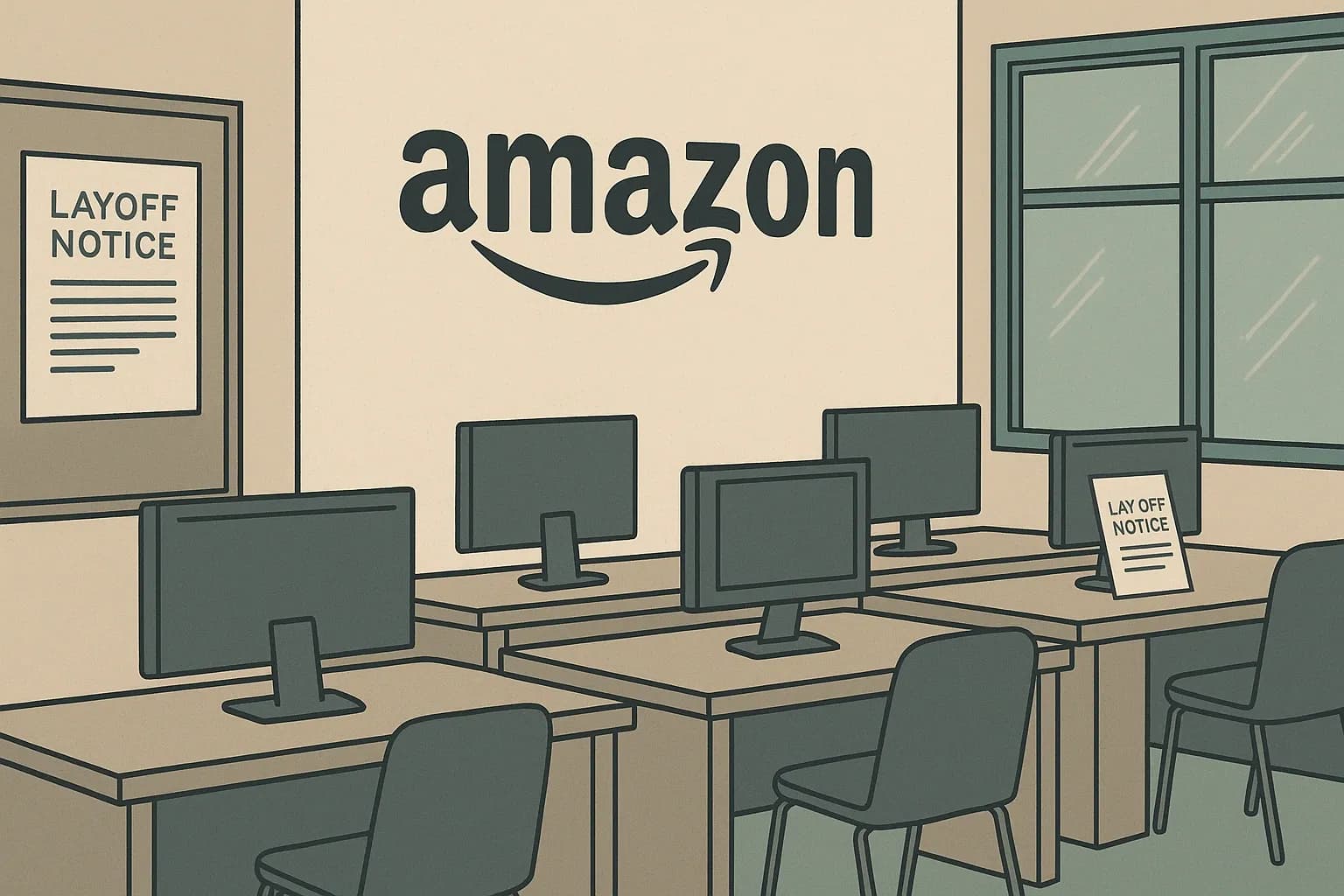China’s export ban on Nexperia microcontrollers after the Netherlands seized the company is threatening Europe's auto industry. Bosch is preparing furloughs, and Volkswagen, BMW and Mercedes are scrambling for alternative chips.
How the dispute began
The Dutch government seized Chinese-owned chipmaker Nexperia earlier this year, citing national‑security concerns. China responded by restricting exports of Nexperia’s microcontrollers. These chips are simple but essential for vehicle electronics.
Bosch and carmakers scramble
Bosch’s plant in Salzgitter, Germany, warns that it may soon halt production and is preparing furloughs for its roughly 1,400 workers. Volkswagen, BMW and Mercedes have secured short‑term supplies but caution that prolonged shortages could disrupt assembly lines.
Industry impact and union fears
The export ban underscores Europe’s reliance on basic microcontrollers. Labour union IG Metall warns of potential furlough schemes and job losses. Automakers are scrambling to stockpile chips and find alternative suppliers, adding to existing supply‑chain pressures.
Potential solutions and global context
Analysts say the EU may need to engage diplomatically to resolve the dispute or accelerate domestic chip production. The conflict coincides with broader trade tensions and other supply‑chain pressures, including U.S. tariffs on cars and Chinese rare‑earth export restrictions.
Conclusion
Unless China and the Netherlands find a compromise, Europe’s auto industry may face rolling production pauses and rising costs. With microcontrollers in short supply, carmakers’ just‑in‑time production model is under threat.




